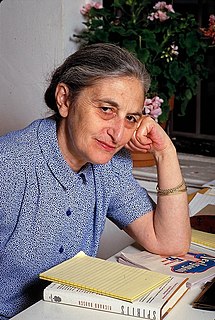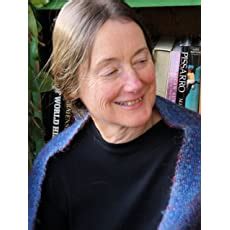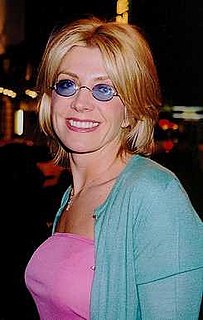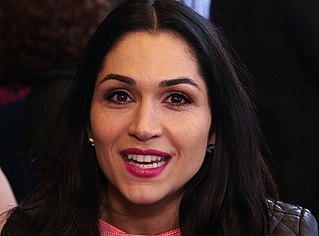A Quote by Ruth Prawer Jhabvala
England opened up the world of literature for me. Not really having a world of my own, I made up for my disinheritance by absorbing the world of others... I loved them: George Eliot, Thomas Hardy, Charles Dickens... I adopted them passionately.
Related Quotes
I would not have majored in English and gone on to teach literature had I not been able to construct a counterargument about the truthfulness of fiction; still, as writers turn away from the industrious villages of George Eliot and Thomas Hardy, I learn less and less from them that helps me to ponder my life. In time, I found myself agreeing with the course evaluations written by my testier freshman students:'All the literature we read this term was depressing.' How naive. How sane.
I think every person either inherits or eventually makes up their own idea of what they are and who they are and what caused the world to be, and it seems to me that these stories of creation myth, adopted by different cultures - most of them are less insightful than the stories made up by individual poets and writers.
The sad fact is that I love Dickens and Donne and Keats and Eliot and Forster and Conrad and Fitzgerald and Kafka and Wilde and Orwell and Waugh and Marvell and Greene and Sterne and Shakespeare and Webster and Swift and Yeats and Joyce and Hardy, really, really love them. It’s just that they don’t love me back.
Look, boys, it ever strike you that the world not real at all? It ever strike you that we have the only mind in the world and you just thinking up everything else? Like me here, having the only mind in the world, and thinking up you people here, thinking up the war and all the houses and the ships and them in the harbour. That ever cross your mind?
And isn't the whole world yours? For how often you set it on fire with your love and saw it blaze and burn up and secretly replaced it with another world while everyone slept. You felt in such complete harmony with God, when every morning you asked him for a new earth, so that all the ones he had made could have their turn. You thought it would be shabby to save them and repair them; you used them up and held out your hands, again and again, for more world. For your love was equal to everything.







































